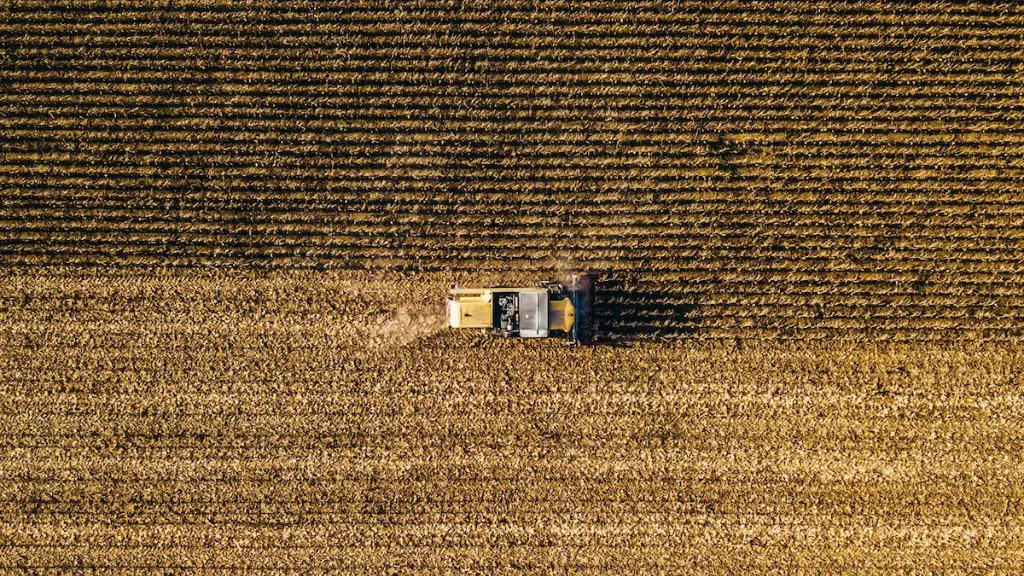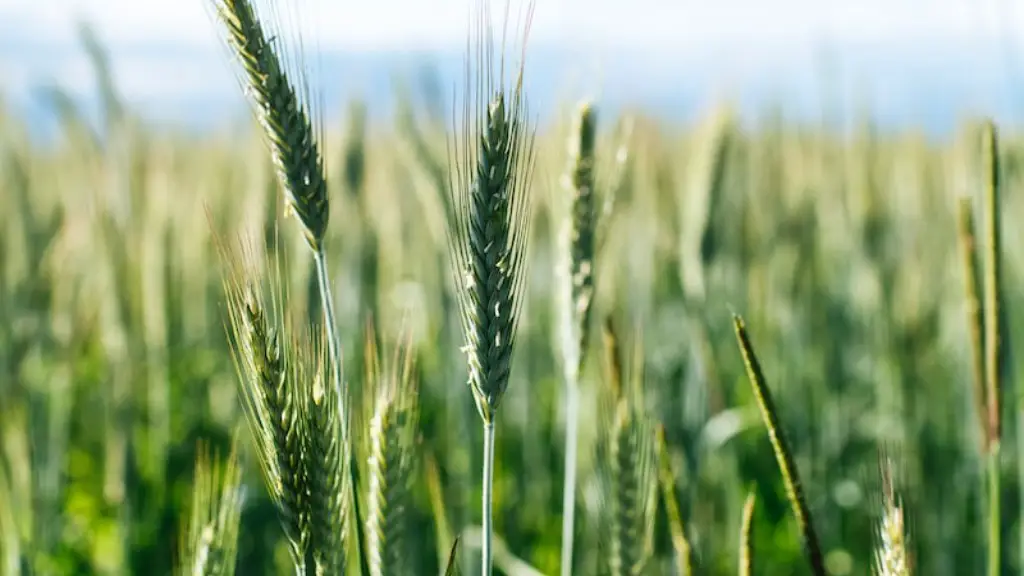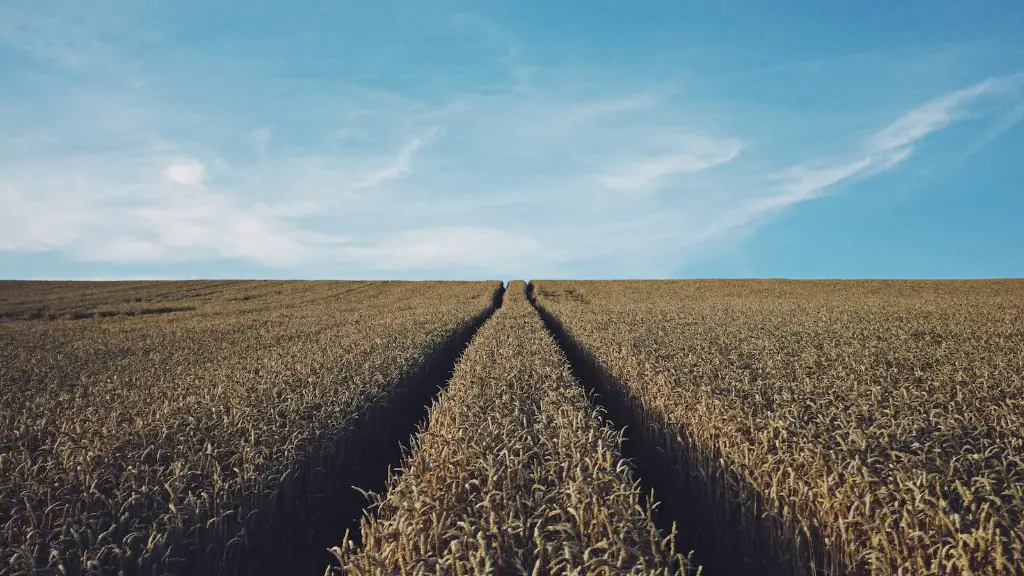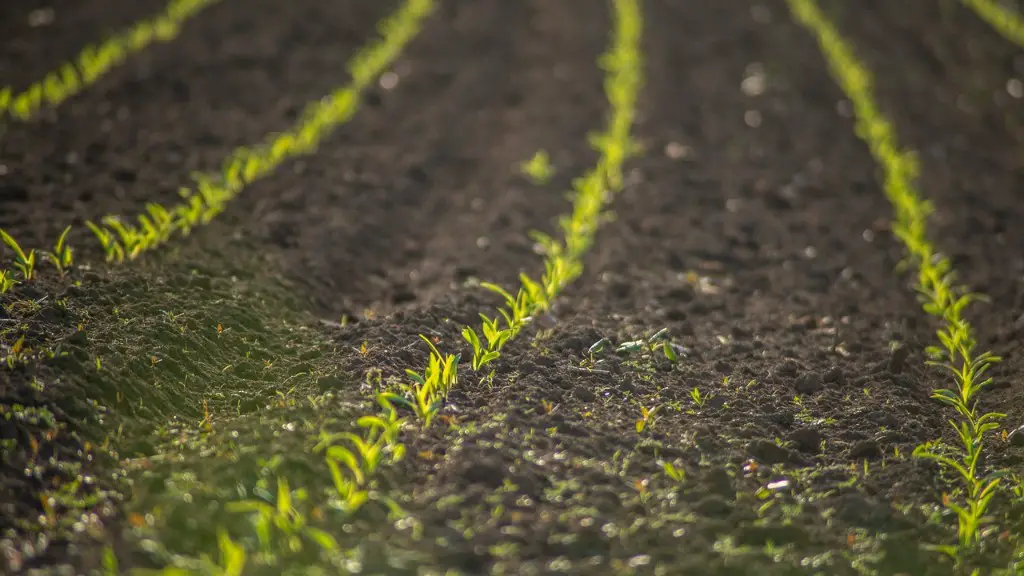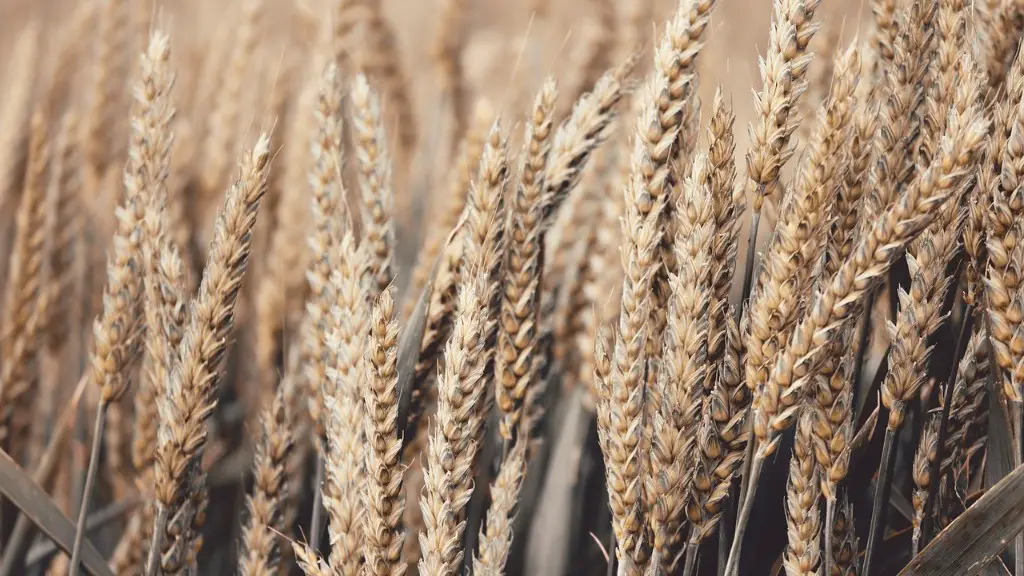The agricultural industry in the United States has been increasingly reliant on immigrant labor over the past several decades. According to the most recent estimates, there are more than two million unauthorized workers employed in the agricultural sector. While the agricultural industry has been a major source of employment for immigrants, it has also been the subject of intense debate in the United States. The agricultural industry has been a major source of employment for immigrants, it has also been the subject of intense debate in the United States. The debate over immigration policy and its impact on agriculture has been shaped by a number of factors, including the nation’s history, economy, and demographics.
The effect of immigration policy on agriculture is twofold. First, the agricultural industry relies heavily on immigrant labor, both documented and undocumented. second, many immigrants come to the United States specifically to work in agriculture. If immigration policy became more restrictive, it would likely have a negative impact on the agricultural industry.
How does the immigration reform affect agriculture?
The current immigration policy in the United States is having a significant impact on farm workers. Over half of the farm workers in the country are immigrants, and the majority of them are undocumented. This leaves them vulnerable to abuse, substandard working conditions, and depressed wages. The current policy is inadequate and needs to be changed in order to protect these workers.
In many states, immigrants are a vital part of the agricultural workforce. In California, for example, more than 80 percent of the state’s agricultural workforce is made up of immigrants. Without these workers, many farms would not be able to operate.
How does immigration affect the food industry
The meatpacking and farming industries recruit undocumented workers because they can be exploited. Companies pay them lower wages, provide fewer benefits, and cut costs through subpar working conditions. This results in higher profits for the companies and lower costs for consumers.
There are two main economic arguments for and against immigration. Those in favor of immigration argue that immigrants boost the economy by increasing the labor supply and promoting innovation. Those against argue that immigrants harm low-skilled laborers by taking jobs that American workers would otherwise get or depressing wages for native-born low-skilled workers.
There is evidence to support both sides of the argument. Immigrants do tend to depress wages for low-skilled workers, but they also create new jobs and businesses, and overall have a positive impact on the economy. The net effect of immigration on the economy is positive, but there are still some negative effects that should be taken into account.
What was the impact of economic reform policies on agriculture?
It is estimated that by 2050, the world’s population will reach 9.7 billion people. The demand for food will continue to increase, and the Agricultural industry must adapt in order to meet this demand. Agricultural methods are becoming more prevalent, and there is an increase in agricultural products both import and export. Improvements in agricultural technology and rural infrastructure are two areas where progress is being made. Agricultural methods are becoming more prevalent, and food security prices are maintained.
There is a lot of evidence that suggests that immigrants contribute to economic growth. One reason for this is that immigrants tend to increase the supply of capital as well as labor. This can be seen in the United States, where immigrants have brought European technology that has increased the productivity of American industry. Another reason why immigrants contribute to economic growth is that they tend to be more entrepreneurial than the native population. This is because they are often risk takers and are willing to start new businesses. Finally, immigrants tend to be more highly educated than the native population. This is because they often come from countries where education is a high priority.
How is immigration important to the economy?
Immigration can provide a shot in the arm for the economy by increasing the productive capacity of the workforce and raising GDP. Incomes for both immigrants and native-born workers tend to rise as a result. businesses can benefit from increased consumer demand, and the overall economy can enjoy a boost in economic activity.
The lack of available labor is having a significant impact on farmers across the United States. Many farmers are struggling to find the workers needed to harvest their crops, which is limiting their production potential and leading to increased food waste. The situation is especially dire in states like California, where the agricultural industry is a major economic driver. The labor shortage is causing problems for farmers of all sizes, from small family farms to large commercial operations.steps need to be taken to address the underlying causes of the labor shortage and help farmers meet their needs.
How many agricultural workers are immigrants
Agricultural jobs are some of the most difficult and dangerous in the country, yet immigrants make up a large majority of the agricultural workforce. This is due to a number of factors, including the low pay and difficult working conditions that make these jobs unattractive to most Americans. Immigrant workers often come from countries with poor economic prospects, and so they are willing to take on the tough jobs in the hope of a better life. Unfortunately, many of these workers are exploited by their employers and are not given the same protections as other workers in the United States. This makes them vulnerable to abuse and exploitation, and it is a major problem in the agricultural industry.
The arts, entertainment, and recreation industries have been hit hard by the pandemic, with 924,100 immigrant workers losing their jobs. This is a 121% increase from pre-pandemic levels. Similarly, the accommodation and food services industries have seen a 218% increase in job losses among immigrant workers, with 3,422,300 losing their jobs. The hardest hit sub-sector has been accommodation and hotels, with 801,600 workers losing their jobs, a 313% increase from pre-pandemic levels. Food service and restaurants have also been hard hit, with 2,620,700 workers losing their jobs, a 203% increase. Professional services have also been affected, with 1,667,000 immigrant workers losing their jobs, a 198% increase.
How does immigration affect population growth?
Hey,
I just read an interesting article on population projections and immigration. Basically, it said that even if we increased immigration to really high levels (1 million per year), it would actually help to slow down the aging of our population and increase the number of children and young adults in the labor force.
I thought this was really interesting and wanted to share it with you. What do you think?
Cheers,
Person
Though today’s popular USA foods may have originated from other countries, they have since become integral parts of American culture. From apple pie to tacos, these foods have become part of our national identity, enjoyed by people of all backgrounds. Though they may have started as foreign recipes, they are now truly American classics.
How has immigration affected us economically
There is a lot of debate surrounding immigrants and their impact on state and city economies. However, it is important to remember that the children of immigrants are often some of the strongest economic and fiscal contributors in the US population. This is why investing in public education and other services that immigrants receive is so important – it pays off in the long run.
There is no doubt that immigration can have an impact on poverty levels in a country. It is well-documented that immigration can lower wages for native-born workers, as increased labor market competition benefits employers more than workers. This can force more people into poverty, as they struggle to make ends meet. Additionally, many immigrants are themselves poor, and so their arrival in a new country can increase overall poverty levels. In conclusion, it is clear that immigration can have a significant impact on poverty, both in the short- and long-term.
How does immigration affect economy growth quizlet?
Immigration increases labor resources, which as a result increases the productive capacity of the economy. With an increase in labor resources, businesses have a larger pool of employees to choose from, which can lead to higher production levels and profits. Additionally, immigration can also lead to an increase in demand for goods and services, as new workers will have money to spend.
Governmental policies and regulations can have a significant impact on the agricultural industry. The government may influence what crops are grown, where farms are located, how products are transported and processed, how a commodity is traded, and the price farmers might receive for their products. These issues often become the center of debate at the national, state, and local level.
Final Words
The immigration policy of a country can affect its agricultural sector in a number of ways. First, if a country has strict immigration policies, it may be difficult for agricultural workers to come into the country to work. This can lead to a shortage of labor, which can in turn lead to higher wages for agricultural workers and higher prices for agricultural products. Second, if a country’s immigration policies are restrictive, it may limit the ability of agricultural producers to access new technologies and innovations from other countries. This can make it difficult for them to compete in the global marketplace. Finally, if a country’s immigration policies make it difficult for people to move to the country, it may reduce the overall demand for agricultural products, leading to lower prices.
The agriculture industry is greatly impacted by immigration policy. Farmers rely on immigrant workers to help with planting, harvesting, and other agricultural tasks. When immigration policy is restrictive, it can lead to labor shortages and increased costs for farmers. This can in turn lead to higher prices for consumers. Therefore, it is important to consider the impact of immigration policy on the agriculture industry when crafting immigration policy.

